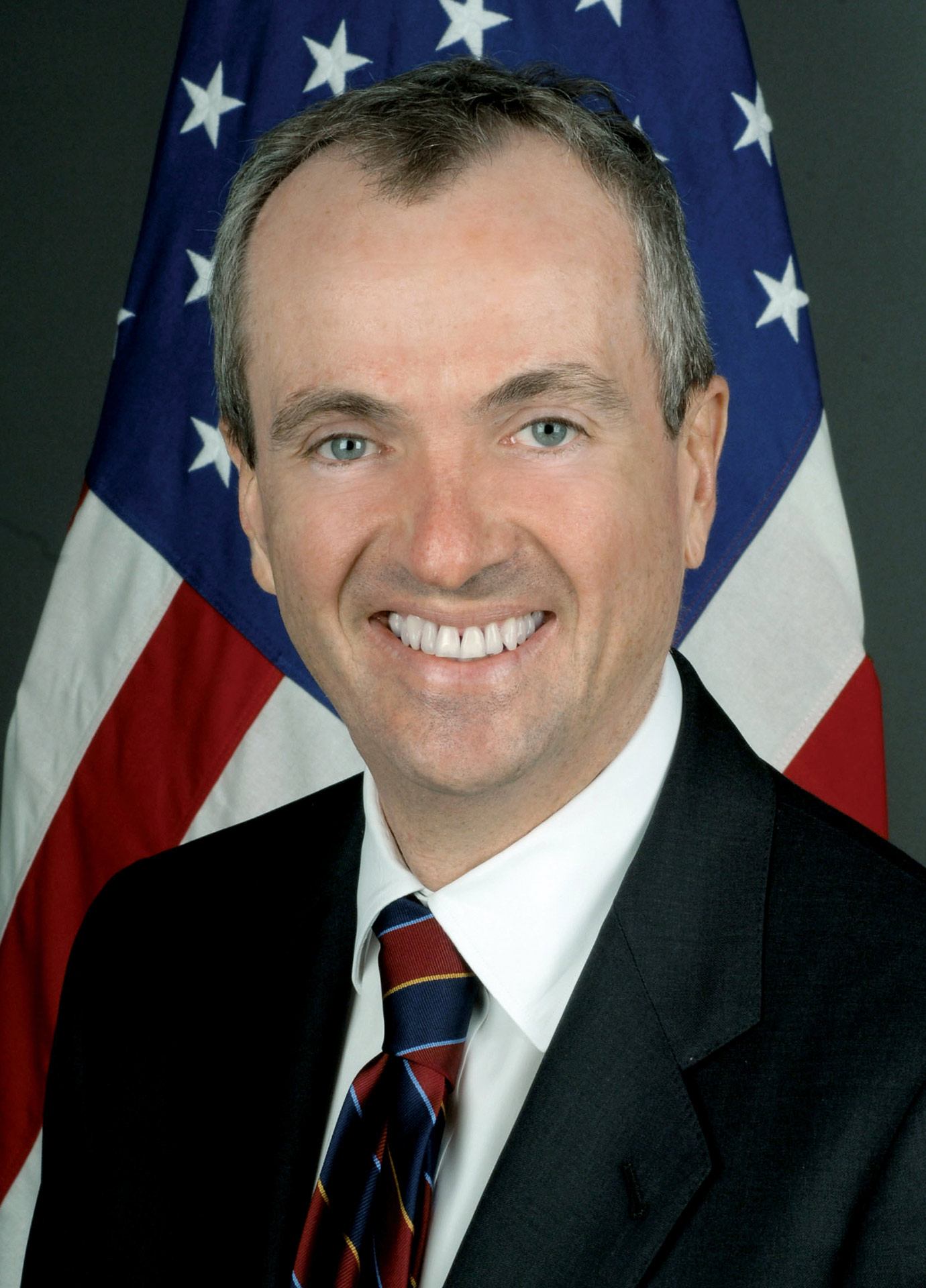[ad_1]

New Jersey may soon join 46 other states by licensing its police officers as part of an effort to increase public trust in law enforcement.
Governor Phil Murphy recently announced legislation that proposes a police licensing plan, which has gained support from law enforcement, unions and reform advocates as a way to increase officer accountability and ensure that officers who break the law can be terminated and/or decertified.
“At the end of the day, that’s a good thing because this license and all it will represent will lift up the overwhelming majority of women and men working honestly and diligently to keep our communities safe,” Murphy said at a press conference in Cedar Grove. “It will send a strong message that our cops and corrections officers are living up to their oaths, both in word and in deed.”
New Jersey has been mulling over the issue of licensing police officers for the past four years and is one of the few states without a licensing program.
Under the new proposal, police officers would be licensed by the state’s Police Training Commission (PTC), which has the authority to revoke, suspend, deny or limit licenses after a hearing.
PTC Vice Chairman James Sharrock said that decertifying police in New Jersey has been difficult in any case other than a failed drug test, and believes that licensing police will open more avenues for decertification.
“Aside from a failed drug test, there’s no mechanism that allows officials to decertify a police officer, not even if they committed a heinous crime, Sharrock said.
To obtain a license, officers would have to undergo psychological testing, continual job training, and refrain from making social media posts. The licensing plan also prohibits officers from joining “anti-government groups” or “backing discrimination” and would force officers to renew their licenses every three years.
Murphy said that officers convicted of domestic violence, membership in a “hate group,” and convictions that result in the prohibition of a firearm would lead to license revocation.
Attorney General Matt Platkin joined the governor in his announcement. He said licensing officers would prevent those being investigated for misconduct to move to another agency unnoticed.
“It will ensure that officers who fail to meet standards of professionalism not only lose their right to have that privilege of having a badge, but they’re also unable to obtain a new badge in a different town or, in some cases, an entirely different state,” Platkin said.
The legislation is also receiving support from influential police unions.
President of the New Jersey State Policemen’s Benevolent Association Pat Calligan spoke alongside the governor during his announcement to address law enforcement officers.
“Regardless of what union you’re in, when one of those members tarnishes the badge, we’re all tarnished, and it takes a long time to get over that,” he said.
[ad_2]




